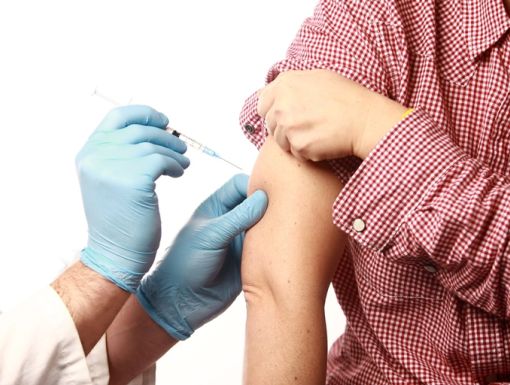
What To Do When You Have Diabetes Burnout
Do you ever feel like no matter what you do, you just can’t get control over your diabetes? Do you ever tell yourself “I’m done,” and throw in the towel when it comes to the daily duties of diabetes?
Living with diabetes isn’t easy. It can be expensive, time-consuming, painful, stressful, and often leave you feeling hopeless and exhausted.
If you’ve ever felt burdened by your diabetes, then you might have experienced diabetes burnout.
Diabetes burnout occurs when someone with diabetes gets tired of the daily management needed to achieve good blood sugar control, and they begin to avoid the duties necessary to manage their disease. Most people with diabetes experience burnout at some point in their lives. It can last a day, a week, or even a year, and it can reoccur multiple times in your life.
Everyone’s burnout experience is different, but there are some key signs to look for if you think you could be experiencing diabetes burnout:
- Are you avoiding diabetes management duties such as: checking your blood sugar, taking your diabetes medications, watching what you eat?
- Are you totally unmotivated to change behaviors that worsen your diabetes?
- Are you anxious, depressed, or just exhausted from managing your diabetes?
- Do you feel like diabetes controls your life?
- Do you avoid certain social situations because of your diabetes?
- Are you overwhelmed, frustrated, or angry about your diabetes?
- Do you feel like no one understands what you’re going through?
If you’ve ever felt these things, you are not alone! While your experience may leave you feeling hopeless, know that there are steps you can take to overcome and avoid burnout.
- Know the warning signs. Have you stopped checking your sugar as often as you should, or have you stopped checking altogether? You might be missing doses of your medications, or skipping insulin injections. Avoiding day-to-day care is usually how diabetes burnout begins.
- Recognize your triggers. A burnout cycle is typically brought on by negative or apathetic feelings towards your diabetes. Are you angry or ashamed of your disease? Are you stressed out from the cost and time involved to manage diabetes? These negative feelings lead to the acts that can cause you and your diabetes harm. It’s important to acknowledge these feelings and identify what may have caused them. Does your medication cost too much? Did your pump supplies get lost in the mail? Did your coworker judge you for eating that po-boy?
- Set realistic expectations. You will not gain diabetes control overnight. You might experience burnout once every 3 years for the rest of your life. These are facts that you, nor your diabetes healthcare provider, can change. If you’re aiming for tighter control of your blood sugars, remember that there will still be times when your sugar goes over 200 for no foreseeable reason.
- Be kind to yourself. You wouldn’t tell your sister or your best friend with diabetes that they’re doing everything wrong, or that they will never be able to gain control over their blood sugars. So don’t tell yourself those things. Remember - you are allowed to feel this way!
- Take one step at a time. Reducing your A1c is a great goal, but what are the steps you’re going to take to get there? Break things down as small as you can. Will you count your carbs at your next meal? Will you check your sugar before and after tonight’s dinner?
- Talk to someone. Remember, almost everyone with diabetes will experience burnout at some point in their lives. As isolated as diabetes might make you feel, it’s important to reach out and let someone know how you’re feeling.
- Get support. Your healthcare team is a great place to start reaching out to for help. Tell your doctor, nurse, diabetes educator, dietitian, or even the receptionist at your diabetes clinic what you’re feeling. If they cannot offer you any direct support, they will find someone who can.
- Create a plan for the next time you’re feeling burned out. Remember, burnout doesn’t always happen just once. Remember the signs, and write out an action plan for the next time negative feelings about your diabetes pop up.
Diabetes is a manageable disease, but that doesn’t mean you won’t get sick of it along the way. Educate and prepare yourself for the ups and downs of diabetes management to help avoid cycles of burnout.
Want to learn more? Visit Ochsner's Diabetes Management Program for more information on your local diabetes care.
For additional online support, explore the American Diabetes Association’s discussion boards at https://community.diabetes.org/home.


